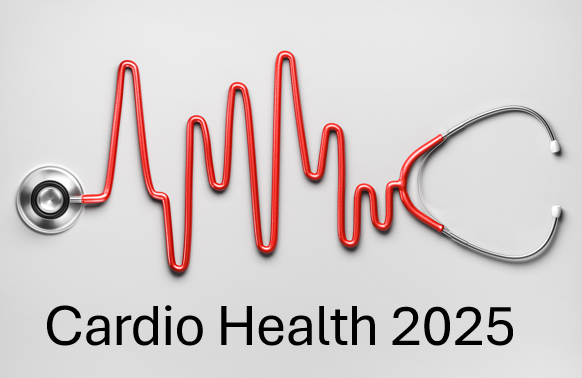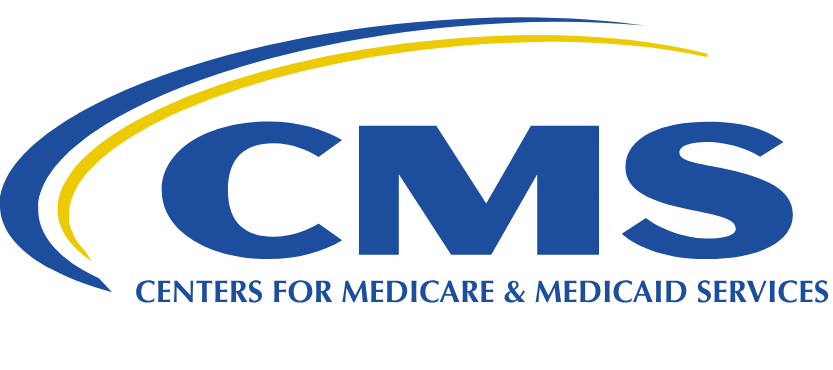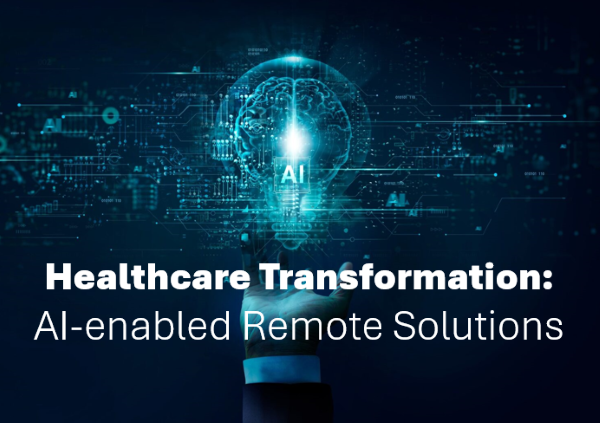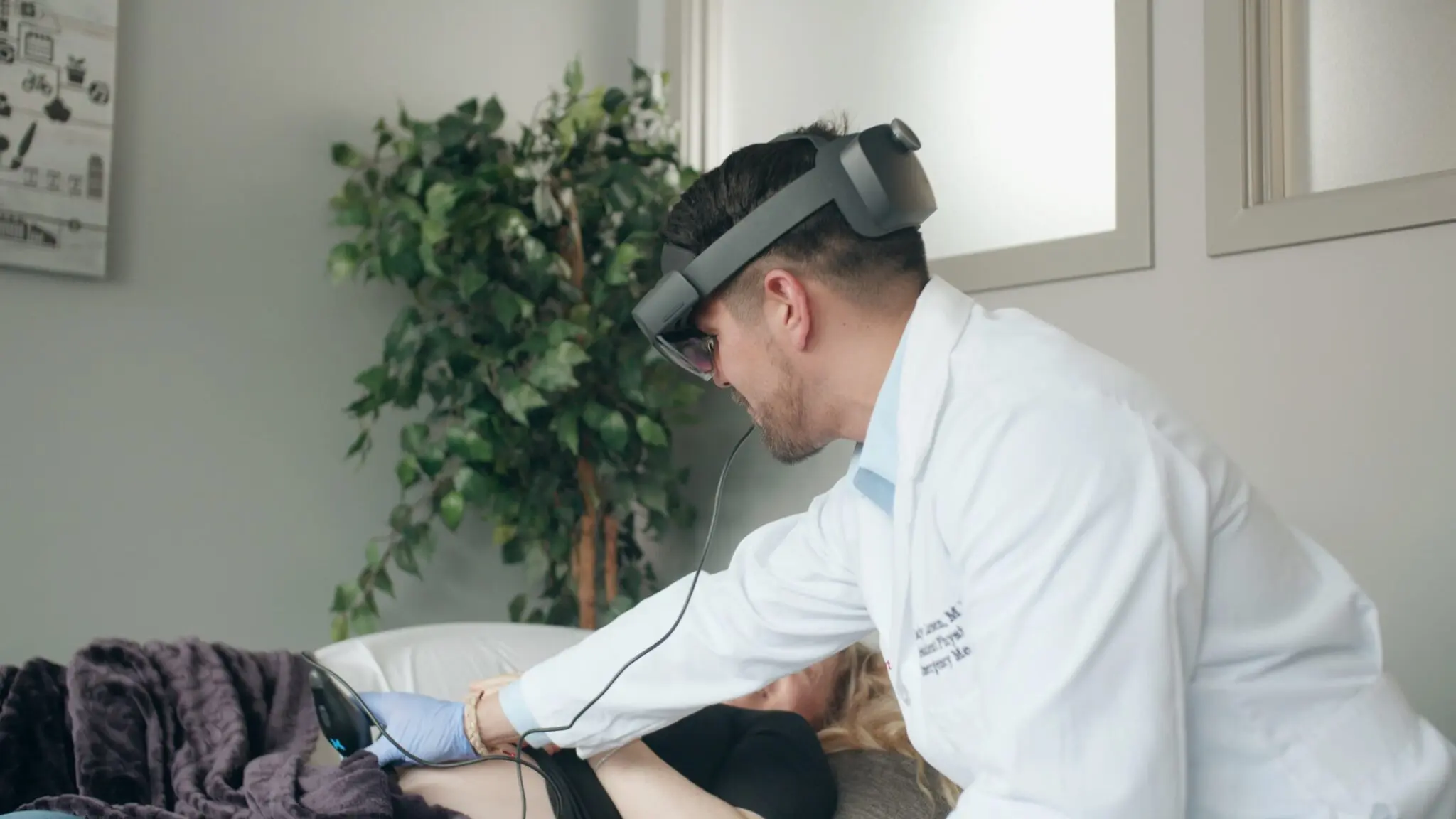

The integration of technology and connectivity into healthcare is not only improving patient outcomes but also reshaping the way care is delivered.

The integration of technology and connectivity into healthcare is not only improving patient outcomes but also reshaping the way care is delivered.

Cardiovascular conditions are the leading cause of death. Fortunately, industry leaders are discovering innovative ways to diagnose and treat them. See how mobile apps and AI will change this field in 2025 and beyond.

MTI Viewpoints are insights shared by industry relative to healthcare and the advancement of medical technology.

The AI Training Dataset Market size is projected CAGR of 27.7% in the coming years. By 2024, the market had reached an approximate value of USD 2.82 billion and is forecasted to reach USD 9.58 billion by 2029, according to a new report by MarketsandMarkets™.

Billions of dollars are lost annually in medical billing errors resulting from data entry mistakes, outdated coding practices, and duplicated charges. Artificial Intelligence (AI) and Machine Learning (ML) are revolutionizing the process of claims processing, diagnostics, eliminating errors, streamlining workflow, and increasing the accuracy of claims submissions. Together with human oversight to ensure precision and safety, AI augments healthcare professionals to improve patient care and outcomes.

In the face of sweeping Medicare changes for 2025, millions of seniors face the challenge of navigating a complex landscape of new options, increased costs, and altered benefits. Innovative technologies are emerging as crucial tools for both patients and healthcare providers, offering detailed cost comparisons, network analyses, and benefit breakdowns.

Harnessing the power of big data from medical device software offers real-time monitoring, predictive analytics, and personalized treatment plans, significantly enhancing the doctor to patient relationship as well as patient outcomes.

Health equity can provide equal opportunity for patients to achieve the best care possible. Medtech leaders from Boston Scientific, Sequel Med Tech, and ZEISS Medical Technology share how healthcare delivery, data transparency, and industry collaboration can provide more value to patients.

AI and real-time data enhance care efficiency and access. And with healthcare workers in short supply, the rapid advancements in AI, IoMT, and related innovation offer patient access freedom, enhanced care delivery, and better outcomes.

AI has the ability to revolutionize the medical landscape, but to enable this, Quality Engineering is critically important.